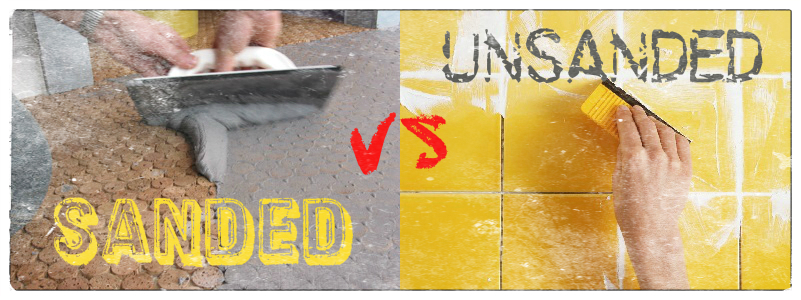One of the major component of your flooring is grout. In fact, it is also often used in masonry work. Grout is a major part of flooring, especially when using tiles. It is used to hold tiles together and to the sub floor. It acts as a sealer and filler in between the tiles, protecting the flooring beneath form accumulation of dirt, grime or water. Masonry grout is important as sealer and filler. It is used to hold rebars and other reinforcing material in place.
When you pick a grout, you must pay attention to a number of factors. One of them is the type of grout. You have to decide the function and application. There are different types of grout, such as sanded grout, unhanded grout, epoxy grout and furan grout. Once they have decided the type of grout, you have to look at factors like epoxy grout price.
Types Of Grout
There are many types of grout and each has its pros and cons. A contractor will pick a grout for a number of different reasons. A grout may seem insignificant to the laymen, but it is an important part of the flooring. It holds together tiles to each other and to the sub floor. In heavy moisture conditions, such as in bathrooms, the grout must be impervious to moisture as well. The longevity of the flooring depends, in part, on the grout you pick and its application.
All too often, the problem with the tiles are more to do with the grout selection. But to select the right grout, you have to first know the different types of grout. At its most basic, grout is a mixture of cement, sand and water. We can add additives when we want certain qualities. Broadly classified, there are two type of grouts — sanded and unsanded. Sometimes we also use synthetic materials, such as in epoxy grout. The different types of grout are:
Sanded Grout
Sanded grout is made with cement, cement, sand and other additives. The grout is then mixed with water. This is the most common type of grout because it is the preferred grout for ceramic tiles — the most common material in tiling. It is equally good with stone tiles. For application, a trowel is used to spread it into the grout joint. Itis then left for 24 hours to dry. On drying the grout becomes as hard as concrete.This type of grout is used when joint size is 1/8” to 3/8” wide. It is reasonably priced, much less than epoxy grout price.
The cons of the sanded grout are to do with its absorbency. It is very absorbent, soaking up liquids, stains and dirt. To make it waterproof we have to seal the grout. Another alternative is mixing latex additives in the grout mix. Composed of a blend of acrylics and latex, these additives reduce water absorption, while increasing the strength colour retention. Some sanded grouts come pre-mixed with the latex additives. But do talk to your contractor before you pick a pre-mixed solution. Sealing is sometimes a more effective solution.
Another challenge is fungal or mildew infestation. To solve this, we have anti-fungal and mildew-resistance additives. The sanded texture of the grout can also be a problem if we use it with a soft surface with marble. Polished marble can get scratched when used with sanded grout.
Unsanded
The unsanded grout is used in grout joints smaller than 1/8 in. It is essentially used in walls and is commonly referred to as ‘wall grout’. As the name suggests, it is the same as sanded grout, but without the sand. Apart from ceramic tiles, unsanded grout is also safe to use with polished marble. Unsanded grout faces the same problems with absorption and is usually sealed or treated with additives.
Epoxy Grout
Made of resign and hardener, this type of grout is becoming increasingly popular. Although the epoxy grout price is higher than regular grout, it is less absorbent with better stain and mildew resistance. Additionally, it is also easy to apply. The higher price of the grout is justified by its quality, which makes it ideal for demanding conditions like kitchen backslash or bathroom. However, do remember that epoxy is hard to apply and needs a skilled contractor.
Furan Grout
Another artificial grout, the furan grout is similar to epoxy. It contains polymers of furfuryl alcohol, which is very effective in resisting chemical action. Hence, it is used in places exposed to chemical splatter.



